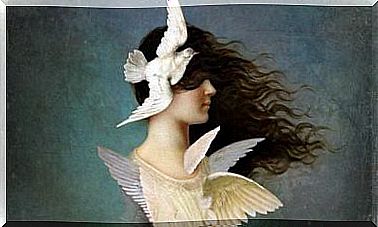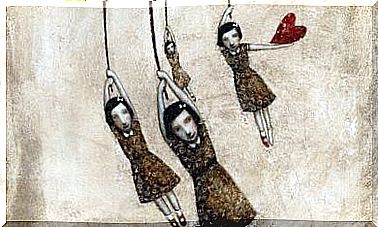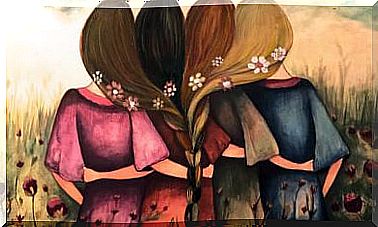Why Did Federico Nietzsche Hug A Horse?
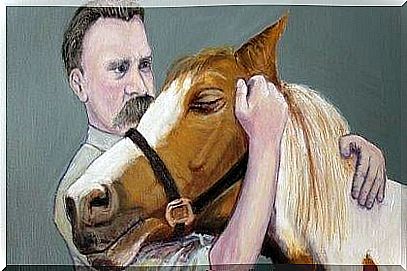
Federico Nietzsche was a German philosopher who created some of the most moving works of Western thinkers. In 1889, the philosopher lived in a house on Carlo Alberto Street in Turin, Italy. It was morning and Nietzsche was on his way to the center of town when suddenly something happened that would change his life forever.
He saw a coachman beat his horse because he wouldn’t go forward. The poor animal was completely exhausted. He had no more strength. Still, the horse’s owner hit it over and over and tried to make it run despite his complete exhaustion.
Nietzsche was horrified by what he saw and quickly approached the place. After Nietzsche condemned the coachman’s behavior, he approached the collapsed horse, hugged it, and began to cry. Witnesses say he muttered a few words to the horse that no one could hear. According to legend, the philosopher’s last words were “mother, I am a fool.” Then he lost consciousness. His mind changed forever.
One morning everything changed
Since that day, the collapse of Nietzsche has intrigued doctors and intellectuals around the world. All sorts of speculation had been made on the subject. There are at least three versions of what happened that morning in Turin. The only clear thing is that the philosopher was never the same.
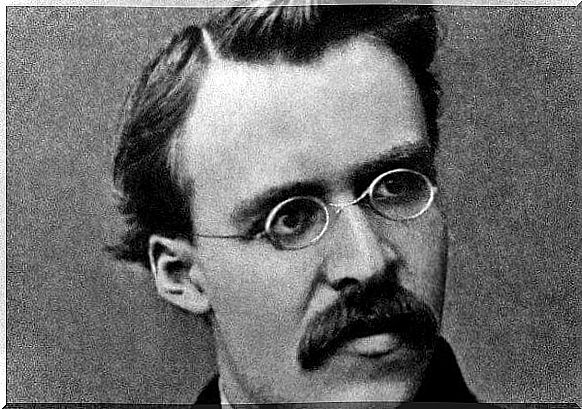
From that day until his death ten years later, Nietzsche never spoke again. He would never return to his former self after the horse incident. The police were alerted and the philosopher was arrested for disturbing public order. Shortly afterwards, he was taken to a psychiatric sanatorium. From there he wrote some incomprehensible letters to two of his friends.
An old acquaintance later took him to a sanatorium in Basel, Switzerland, where he stayed for several years. One of the greatest thinkers of the 19th century remained dependent on his mother and sister for almost everything. As far as is known, he never returned to reality.
Federico Nietzsche’s Dementia
It is now thought that Nietzsche’s actions—the crying and cuddling with the beaten horse—were a manifestation of his mental illness. Nevertheless, those around him had noticed strange behavior for years. For example, the manager of the house where he lived had overheard a conversation with himself. He was also known to sing and dance naked in his room at times.
He had long neglected his appearance and personal hygiene. Those who knew him saw his proud gait turn into a sloppy dribbling step. He wasn’t the smart thinker he used to be either. He began to speak in a jerky manner, jumping from one subject to another.
Nietzsche gradually lost his cognitive abilities in the psychiatric sanatorium, including language. At times he was aggressive and even hit the people around them. And yet, just a few years earlier, he had written several works that would make him known as one of the greatest philosophers in history.
Federico Nietzsche’s Tears
Most people saw the horse incident as nothing more than irrational actions caused by mental illness. However, some see a deeper and more profound meaning. Milan Kundera, in the ‘The unbearable Lightness of Being’, returns to the place where Nietzsche wept and hugged the beaten horse.
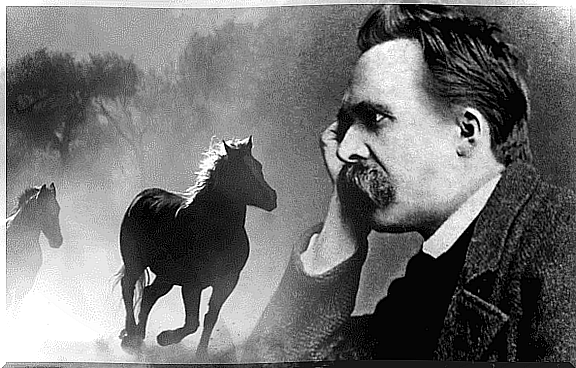
For Kundera , the words Nietzsche muttered into the horse’s ear were begging for forgiveness. From Kundera’s perspective, he did this on behalf of all humanity for the cruelty with which humans treat other living beings, treating them as enemies or servants.
Nietzsche was not known as an animal rights advocate or for having a special bond with nature. But that animal cruelty incident clearly had a big impact on him. That horse was the last living creature with whom he had a real connection. More than the animal itself, Nietzsche could identify deeply with his suffering.
Federico Nietzsche was not well known to the public at the time, although he previously had an excellent reputation as a professor. Unfortunately, his last years were basically miserable. His sister misinterpreted some of his writings into sympathizing with German Nazism. Nietzsche could do nothing about this. He was immersed in a deep dream until his death in 1900.
